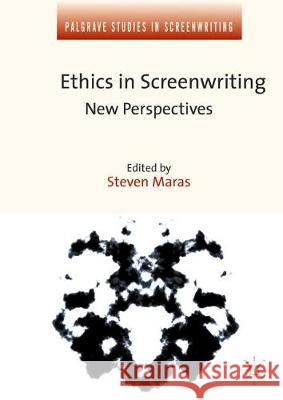Ethics in Screenwriting: New Perspectives » książka
topmenu
Ethics in Screenwriting: New Perspectives
ISBN-13: 9781349713592 / Angielski / Miękka / 2018 / 263 str.
Kategorie:
Kategorie BISAC:
Wydawca:
Palgrave MacMillan
Seria wydawnicza:
Język:
Angielski
ISBN-13:
9781349713592
Rok wydania:
2018
Wydanie:
2016
Ilość stron:
263
Waga:
0.32 kg
Wymiary:
20.83 x 19.3 x 1.27
Oprawa:
Miękka
Wolumenów:
01











